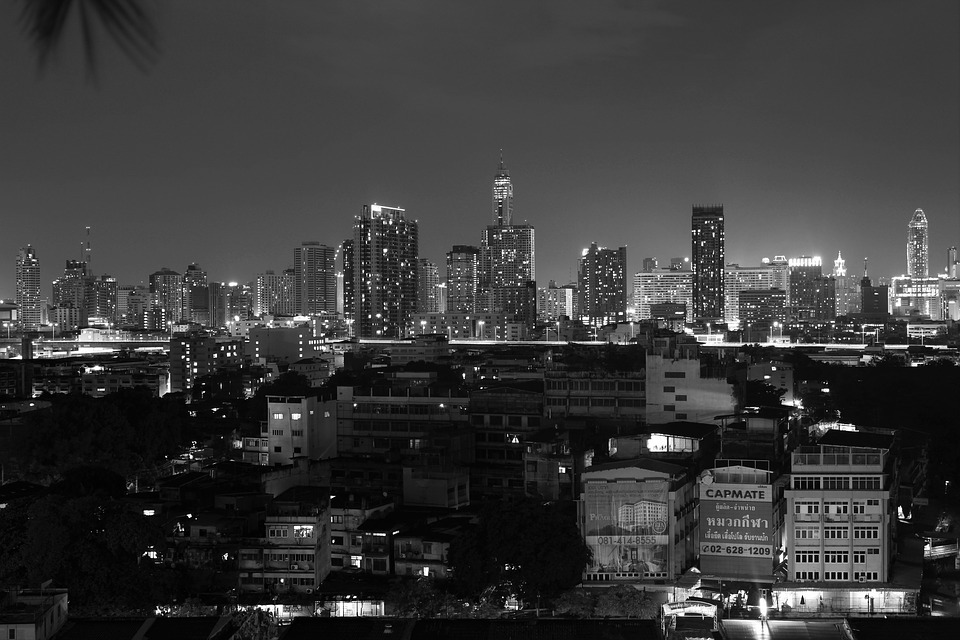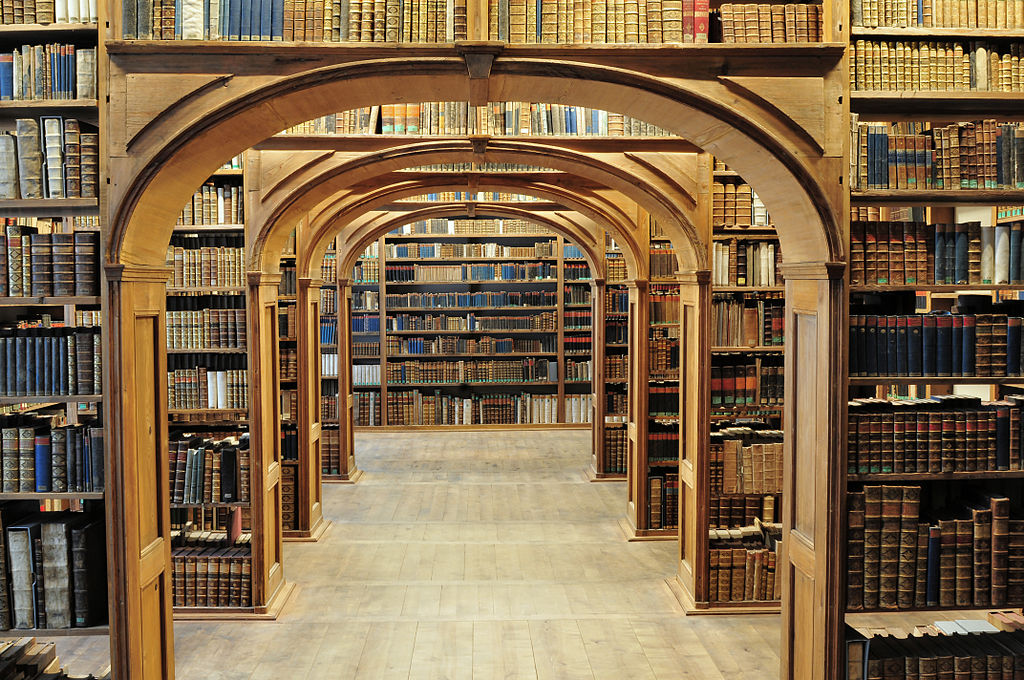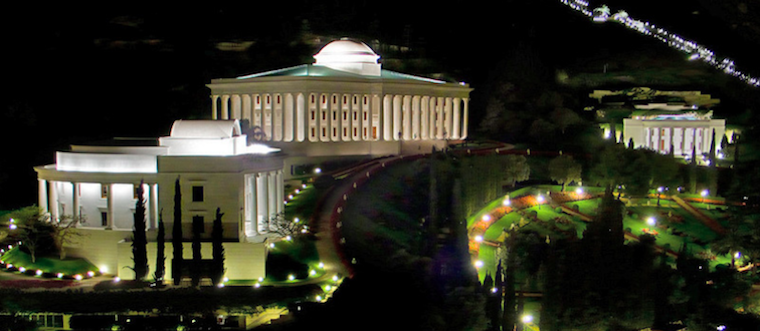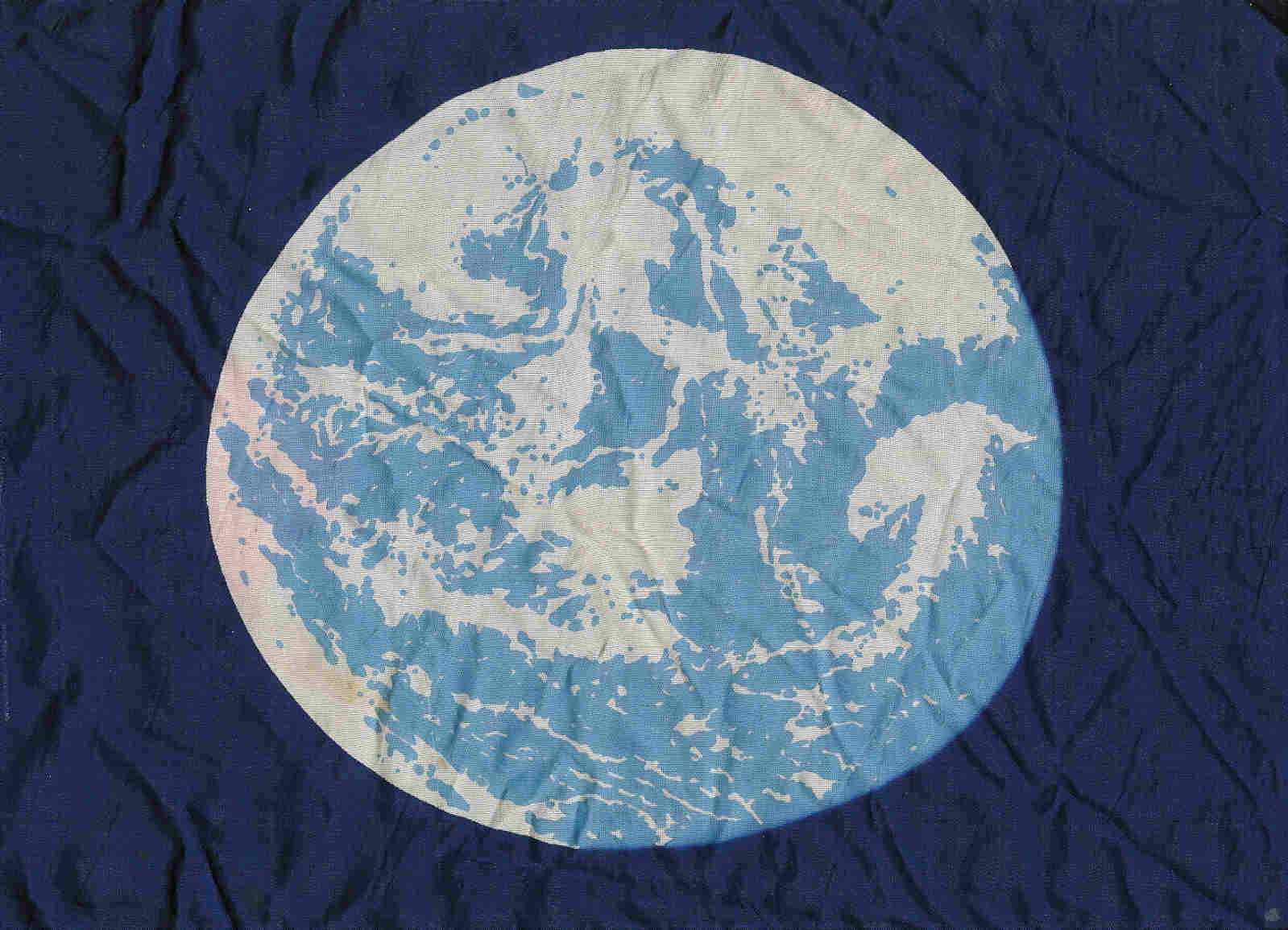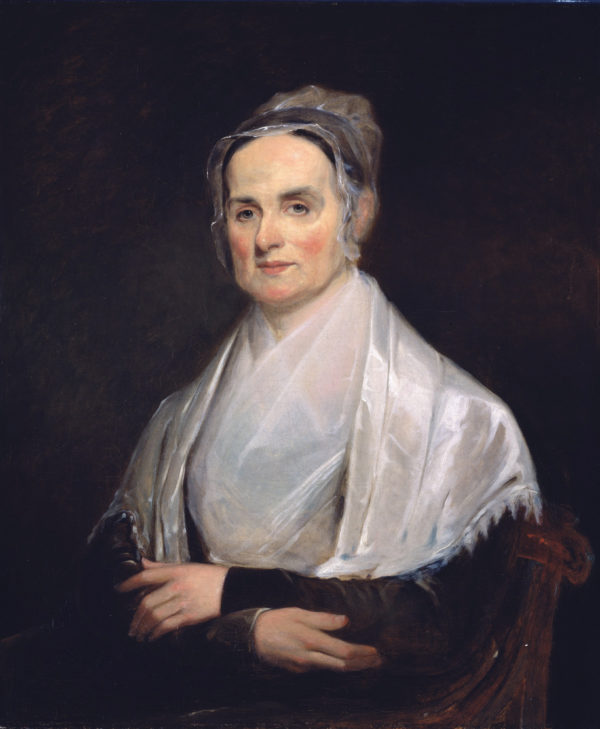-
Extremes of Wealth and Poverty
The increasing gulf between rich and poor has recently re-emerged as an issue in public debate, both as an issue of economic justice and as an issue contributing to political instability in the world.[1] The issue has been a standing concern of the Baha’i community. In his early mystical writings Bahá’u’lláh draws attention to the injustice of disparities of wealth and poverty. Bahá’u’lláh challenges the common societal devaluation of the poor (and assumptions about a worthy human life): Vaunt not thyself over the poor, for I lead him on his way and behold thee in thy evil plight and confound thee forevermore.[1] This is not enough. The wealthy have obligations of generosity…
-
Why Global Citizenship?
1. Introduction Plutarch said: … nature has given us no country as it has given us no house or field. … Socrates expressed it … when he said, he was not an Athenian or a Greek, but a citizen of the world (just as a man calls himself a citizen of Rhodes or Corinth).[1] Plutarch urged his audience to become conscious of a wider reality and to exercise their imagination to overcome a narrow, localised conception of their identity. That is the role of my global citizenship claim too. Plutarch and Socrates did not conceive of the world as a globe,[2] as I do: I have travelled across the world;…
